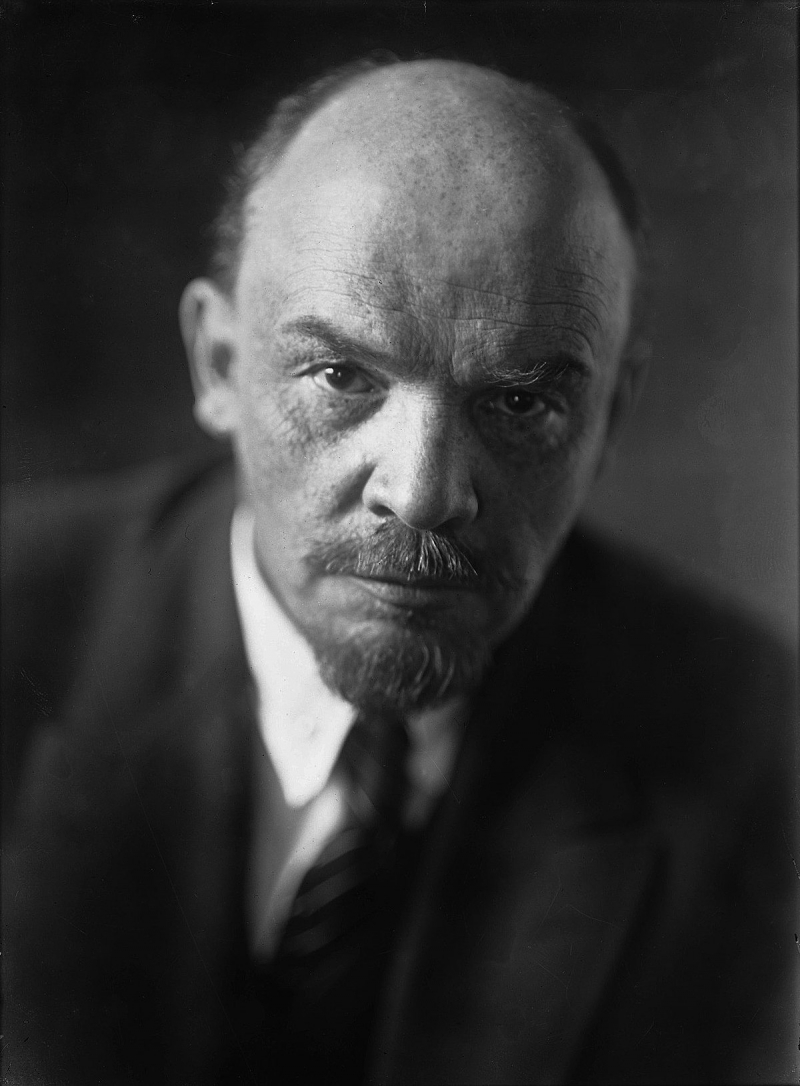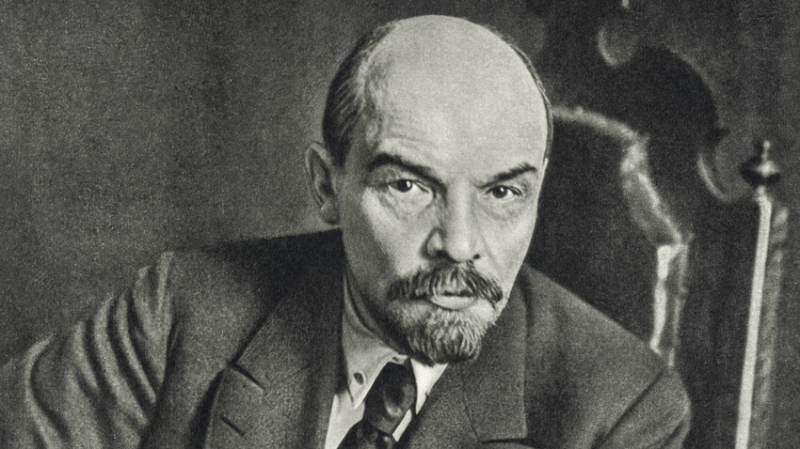Lenin

Everyone has different opinions about Vladmiri Lenin, but nobody disputes the fact that he was one of the most successful rebel commanders in history. One of Europe's longest-standing royal dynasties was brutally and irrevocably terminated by the Bolshevik Revolution of 1917, which also sparked numerous more uprisings throughout the rest of Europe and beyond.
When his brother was put to death by the authorities in 1887 for plotting to assassinate the emperor, Lenin began to study revolutionary theory. He would later deepen his ideas and collaborate with several Marxist organizations around the globe. In 1895, he was even banished for attempting to organize workers in Petrograd.
Bolshevism, the philosophy of Lenin, was more militaristic than other socialist movements in the nation at the beginning of the 20th century. This group was ultimately responsible for overthrowing the Tsarist regime in 1917 and creating the Soviet Republic, one of history's longest-lasting empires.
Born: Vladimir Ilyich Ulyanov, 22 April, 1870Simbirsk, Russian Empire (now Ulyanovsk, Russia)
Died: 21 January 1924 (aged 53)
- Chairman of the Council of People's Commissars of the Soviet Union
In office: 6 July 1923 – 21 January 1924
Preceded by: Office established
Succeeded by: Alexei Rykov
- Chairman of the Council of People's Commissars of the Russian SFSR
In office: 8 November 1917 – 21 January 1924
Preceded by: Office established
Succeeded by: Alexei Rykov
- Member of the Russian Constituent Assembly
In office: 25 November 1917 – 20 January 1918[a]Serving with Pavel Dybenko
Preceded by: Constituency established
Succeeded by: Constituency abolished
Constituency: Baltic Fleet











